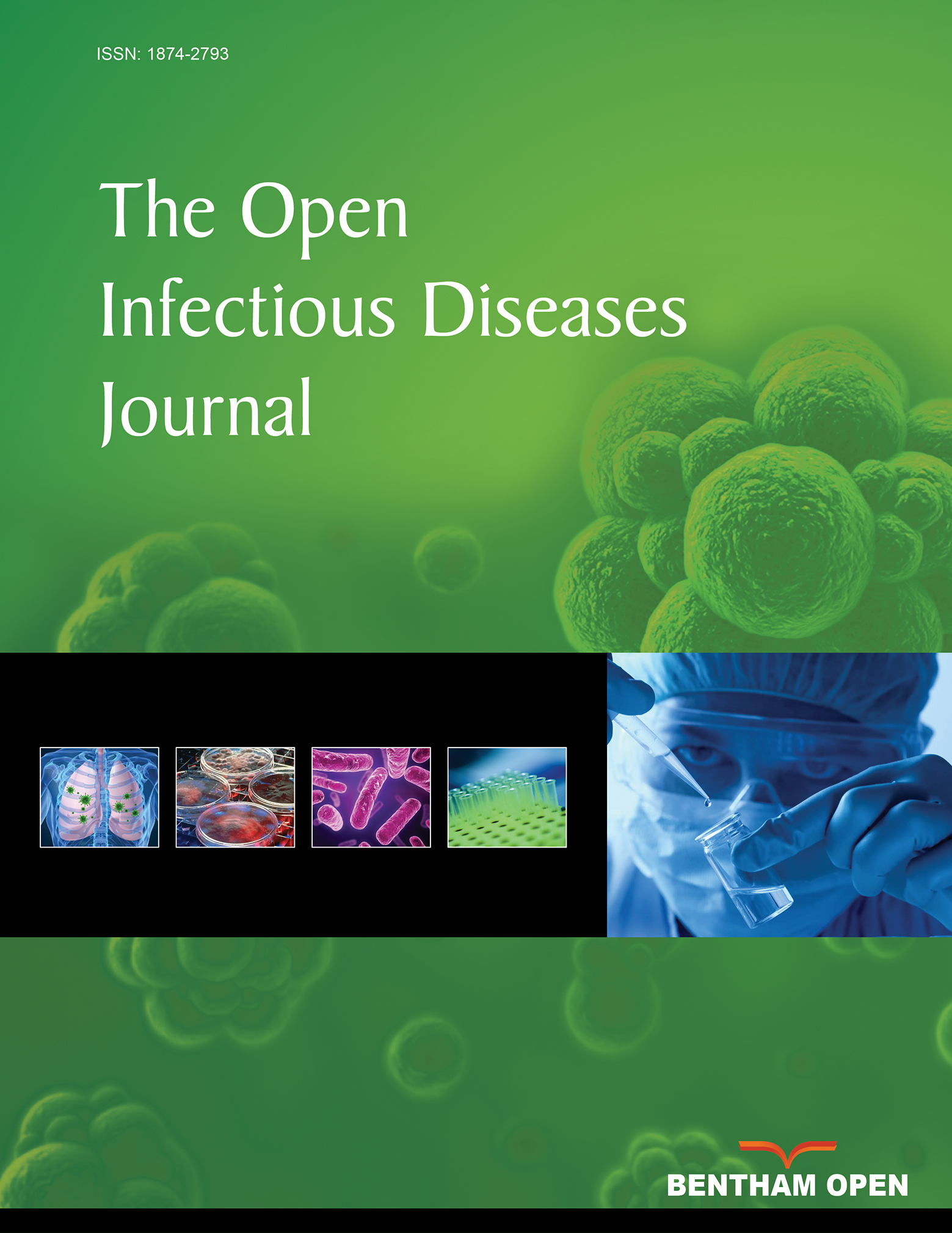All published articles of this journal are available on ScienceDirect.
Diabetes and Risk of Community-Acquired Respiratory Tract Infections, Urinary Tract Infections, and Bacteremia
Abstract
Urinary tract infections:
The risk of asymptomatic bacteriuria and cystitis is 1.5 to 2 times increased in diabetes patients, while their risk of pyelonephritis may be 2 to 4 times increased. Treatment of asymptomatic bacteriuria in diabetes is generally not recommended. Diabetes duration and chronic complications including cystopathy appear to be more important risk factors than current glycemic control, but further evidence is needed. Modifiable risk factors for urinary tract infection are the same as in persons without diabetes.
Bacteremia:
The risk of bacteremia due to pneumococci is approximately 1.5 times increased in diabetes, similar to the increased risk for pneumonia. In comparison, diabetes is associated with 2.5 to 3 times increased risk for bacteremia due to E. coli and other enterobacteria, often due to a urinary tract focus. Diabetes is also associated with a 2 times increased risk for hemolytic streptococcal bacteremia, and 3 times increased risk for invasive group B streptococcal infection. Limited data is available for staphylococcal bacteremia.
Conclusions:
Increased infection surveillance and unmeasured confounding factors among diabetic patients may contribute to the observed increased infection risk, yet outcomes following infection are similar or worse in diabetes patients. In conclusion, there is epidemiological evidence that individuals with diabetes have a substantially increased risk of a number of important infections. Clinicians should remain vigilant for infections in this increasing group of patients.
This review provides an update on the risk of several important community-acquired infections seen in patients with diabetes: respiratory tract infections, urinary tract infections, and bacteremia. Respiratory tract infections: Recent epidemiological evidence shows a modest (1.25 to 1.75-fold) risk increase for hospitalization with pneumonia associated with diabetes. The increase of risk for tuberculosis is of similar magnitude in highly developed countries, and possibly higher in low-income countries. Poor glycemic control and long diabetes duration predict higher risk for both pneumonia and tuberculosis. Limited data is available for diabetes and influenza, yet both influenza and pneumococcal vaccination is recommended in patients with diabetes.


